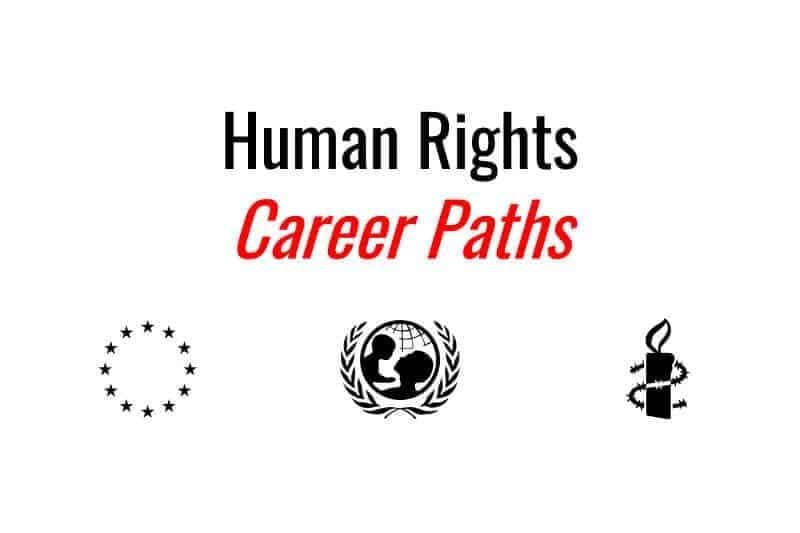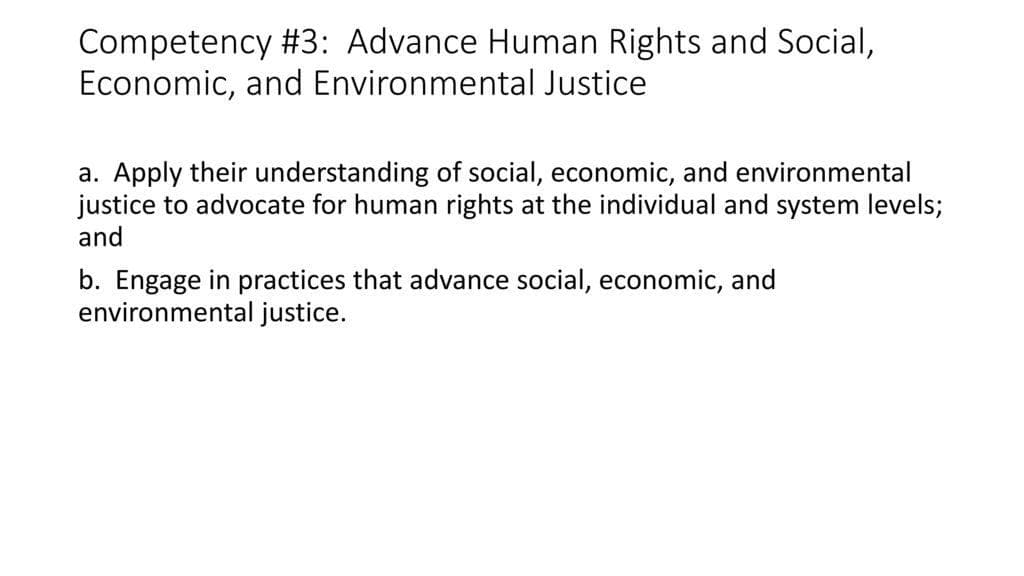The profession of a human rights lawyer is notably one of the most challenging yet rewarding legal fields in today’s society. These highly skilled individuals are at the forefront of defending and upholding the fundamental rights and freedoms of individuals around the world. In particular, they work tirelessly to protect victims of human rights violations, often placing themselves in precarious situations.
There’s a breadth of information regarding the journey and responsibilities of a human rights lawyer. Here’s a brief overview:
- The work of Human Rights Lawyers: They advocate for those who have been victims of human rights infringements.
- Steps to becoming a Human Rights Lawyer: This involves intensive studies, internships, and continuous learning in the field.
- Skills that Human Rights Lawyers need: Apart from legal knowledge, they require empathy, resilience, and excellent negotiation skills.
- Average Salary for Human Rights Lawyers: The pay varies with experience, location, and complexity of the cases handled.
- Job Outlook in Human Rights Law: There is a steady demand and respect for attorneys specializing in human rights laws.
The aforementioned points are just starting points to understanding the profession of a human rights lawyer.
Contents
The Profound Impact
The significance of human rights lawyers can’t be understated. Their work has far-reaching consequences that have changed societies and improved lives globally.
The skills required for this profession go beyond standard legal knowledge – it demands unyielding passion and commitment.
The salary of a human rights lawyer might not be as high as some other legal specializations, but their impact on society cannot be quantified monetarily.
The job market for human rights lawyers is evergreen as the fight for equality and justice is an ongoing battle.
The Work of Human Rights Lawyers

Playing a key role in upholding justice, human rights lawyers tirelessly challenge the U.S. to meet its responsibilities under both national and international law.
These legal professionals collaborate with law firms, offering their expertise to those willing to take on pro bono work involving refugee protection, accountability, and high-impact litigation.
Quality representation for the oppressed can safeguard their human rights and change lives. This is why human rights lawyers are essential.
They make a significant contribution by investing millions of dollars in free legal services annually, aiming to alter policies and people’s lives in a positive way.
Human Rights First, for instance, partners with law schools, legal firms, and clinics willing to provide pro bono counsel for all aspects of their work.
This necessity becomes particularly evident when dealing with asylum issues. Asylum seekers often face unreal burdens that infringe upon their human rights. An asylum seeker’s right to apply for refuge is critical within our immigration laws.
Volunteer lawyers can tangibly affect these individuals’ lives by helping them win their asylum cases. Similarly, providing pro bono legal help to Afghans in need is another paramount area where attorneys can exercise their skills for good.
To address urgent human rights issues more effectively…
Steps To Becoming a Human Rights Lawyer

To embark on a career as a human rights lawyer, becoming a certified lawyer is the first step.
You need to meet the prerequisites of the jurisdiction where you plan to practice.
As you navigate this path, you can specialize in human rights law.
Familiarize Yourself with the UDHR
The Universal Declaration of Human Rights was drafted by the United Nations in 1948.
This powerful document was created in response to the atrocities of World War II.
Although not legally binding, it has inspired numerous treaties and national laws.
Identify Areas of Interest
Your passion might lie in advocating for children’s education or ethnic minority rights.
You could focus on combatting domestic violence or promoting freedom of speech.
Alternatively, you might choose to tackle racial discrimination or champion LGBTQ+ rights.
Engage with Relevant Organizations and Causes
You can start making a difference by joining organizations committed to various human rights issues.
These may range from local charities and NGOs to international bodies like the United Nations.
Volunteer and Participate Actively
Consider contributing part-time or volunteering at human rights groups to gain experience and make an impact.
Your skills can play a crucial role in supporting marginalized communities.
Remember, commitment is key and there are abundant opportunities for those willing to make a difference.
Pursue Your Career in Human Rights Law
Once you’ve gained valuable experience, look for full-time roles within human rights organizations.
Your expertise and dedication can be leveraged to drive change and establish justice.
Strategic Use of Your Skills
As a human rights lawyer, you can draft letters to U.N. Special Rapporteurs or provide trial analysis.
You can also assist in preparing reports or conduct libel review.
Pro Bono Opportunities
The American Bar Association’s Center for Human Rights offers pro bono legal consultancy for seasoned lawyers.
This is a brilliant way to use your skills to support the cause and gain experience in the field.
By following these steps and staying committed, you are well on your way to building a successful career in human rights law.
Skills That Human Rights Lawyers Need

The role of a human rights lawyer demands proficient critical thinking abilities.
They must employ analytical skill to dissect complex legal scenarios.
Eloquent communication is a cornerstone of this profession.
Being effective in verbal and written form enhances their advocacy.
A persuasive argument can often be the key to winning a case.
| Skill | Description | Importance |
|---|---|---|
| Eloquence | Ability to communicate ideas effectively | Vital for advocacy and argument presentation |
| Resilience | To endure the exposure to human rights violations | Helps sustain long-term performance |
| Persuasiveness | Ability to convince others | Fundamental to sway decisions in legal battles |
| Critical Thinking | Analyze and evaluate issues logically | Essential for legal analysis and strategy formulation |
| Precise Knowledge of Laws | In-depth understanding of laws and codes | Empowers evidence-based arguments and case building |
This table encapsulates some of the core competencies for practicing human rights law.
Besides these skills, a Juris Doctor (J.D.) is usually a prerequisite.
Precise legal arguments and an exquisite knowledge of laws are imperative for this role.
Average Salary for Human Rights Lawyers

Human rights lawyers champion causes that help protect our civil liberties. Their financial compensation, however, varies significantly.
The remuneration of these legal warriors fluctuates based on their geographic location and level of expertise.
In the United States, a Human Rights Lawyer could earn an average salary of roughly $75,000.
This figure is based on data collected in 2024 for lawyers working with the Committee For Civil Rights.
While this might seem substantial, breaking it down may paint a different picture.
Consideration should be given to the rigorous education and training required for this profession.
There’s also the fact that many human rights lawyers are engaged in non-profit work. This could potentially impact their earning capacity.
Sadly, there’s no one-size-fits-all answer when it comes to estimating income in this field.
Even so, it’s important not to overlook the value of their work or the satisfaction they derive from serving justice.
Beyond numerical figures, human rights lawyers gain immense gratification from fighting for what’s right.
Their roles extend beyond courtrooms. They also influence policy-making decisions and inspire change within societies.
As such, looking at their salary alone may not provide a holistic view of their overall compensation package.
Earning potential aside, these legal advocates play an undeniably crucial role in shaping a more just and fair society for everyone.
Job Outlook in Human Rights Law

Human rights law, a challenging yet rewarding field, is projected to see steady growth. The Occupational Outlook Handbook predicts a rise in opportunities over the next decade.
Interestingly, this growth isn’t uniform across all facets of law. Specific areas like healthcare and intellectual property are expected to experience major increases, driving the overall outlook.
- Employment Growth: Legal professionals can expect a 4% growth from 2023 to 2033.
- Demand Factors: Growth is driven by the need for specialized services in sectors like healthcare and bankruptcy.
- Competition Level: Expect keen competition due to the influx of law school graduates annually.
The geographical location also immensely influences job prospects. Lawyers might want to explore employment and wage resources state-wise for more informed decisions.
It’s also worthwhile exploring roles with analogous duties, notably judicial law clerks or arbitrators. Comparable professions offer diverse opportunities for those passionate about law and justice.
Ultimately, the job outlook in human rights law appears optimistic. It’s a compelling choice for those after a career that offers more than just a paycheck – the chance to make a difference.
Legal Earnings Unveiled
A Human Rights Lawyer’s salary varies greatly depending on location, experience, and specialization. On average, these legal professionals earn between $45,000 and $200,000 annually. The highest salaries are often found in private firms whereas nonprofit organizations may offer less. Regardless, the rewards of advocating for human rights frequently transcend monetary compensation.








